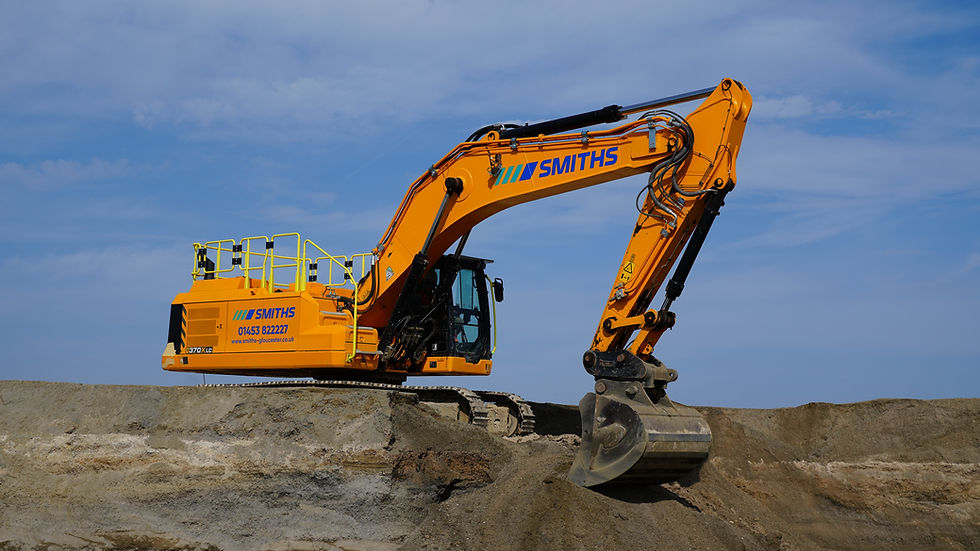Time capsule from 1940s found under Portsmouth university building
- Demolition Hub

- Jul 11, 2023
- 2 min read

A time capsule thought to have been buried 74 years ago has been opened after it was discovered during the demolition of a building.
Builders found the lead pipe while dismantling the University of Portsmouth's Nuffield Centre.
It was uncovered behind the building's foundation stone and was sawn open on Monday.
Items found inside included newspapers from 1949 and a King George VI half crown coin.
The Nuffield Centre is being demolished to make way for a new teaching and learning facility.
The building was built as the Nuffield United Services Officers' Club, which provided sports, recreation, accommodation and catering facilities to local officers and their families.
But it was purchased in 1978 by the University of Portsmouth, which used the site for administration offices and a student services hub.
It is believed the capsule was buried as part of the proceedings to mark the original opening of the building on 9 May 1949.
Headed notepaper from the original construction company, John Hunt LTD in Gosport, and an order of proceedings from the laying of the foundation stone were also found in the tube.
Nathan Byng, the demolition site manager, discovered the capsule.
He said: "I could picture the guys who put it in place, and as a Portsmouth boy myself it felt like it was meant to be."
Builders thought it could have been a "treasure trove" because of its weight and location.
Portsmouth University's vice-chancellor, Prof Graham Galbraith CBE, called the time capsule a "fantastic find" and a "proud moment".
"We are very grateful to the construction team for recognising they had stumbled across something special, and handling it with such care," he added.
The objects have been preserved in the university archive "for future generations to enjoy".
By Charlotte Andrews BBC News
.png)



